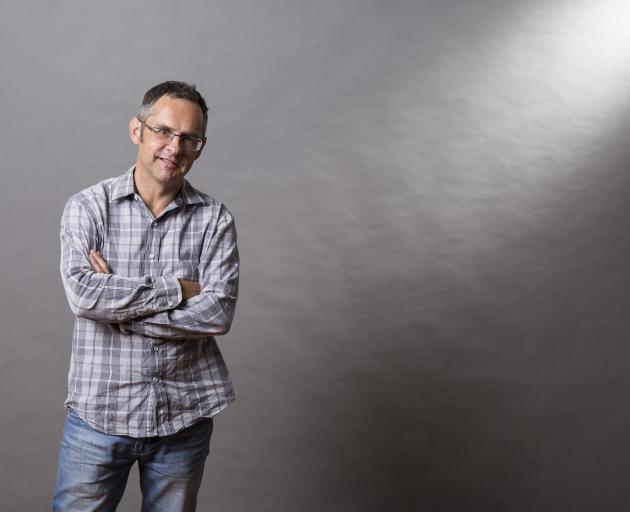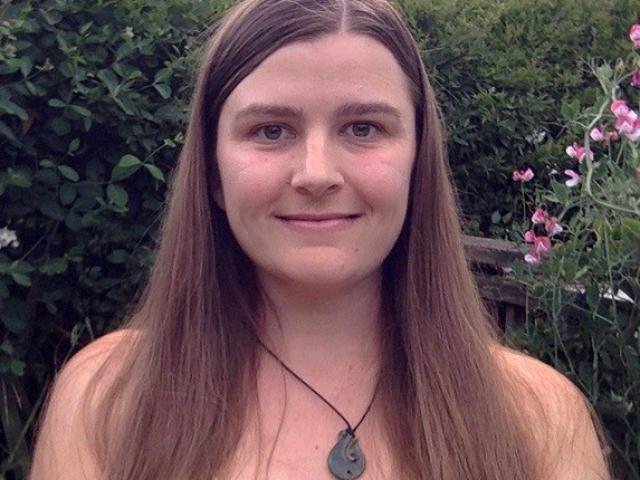
Principal investigators Prof Tony Merriman, biochemistry, Prof Lisa Matisoo-Smith and Dr Anna Gosling, anatomy, will investigate the genetic predisposition to metabolic diseases among Pacific people.

These projects were devoted to a wide range of research topics, ranging from the adverse effects of sleep loss on children's eating, to aspects of drug resistance in cancer.
Overall, the fund allocated $83.6million to 125 research projects throughout the country.
Associate Prof Frank Camacho, of the University of Guam, and Dr Paul Pumuye, of the University of Papua New Guinea, will also take part in the Otago project on metabolic disease.
Prof Merriman was delighted to receive the $3million award over three years.
The project aimed to investigate genetic markers associated with metabolic diseases such as diabetes and gout in Pacific people and how the diseases might have evolved.

Prof Matisoo-Smith said the presence of skeletal evidence of metabolic disease being found in ancient burials across the Pacific clearly indicated gout and diabetes were not solely the result of a "Westernised" diet and lifestyle, as was often assumed.
Dr Gosling said the funding was "great", and she had been "really struck by what sort of an impact" gout and diabetes had on people living in remote areas in places such as Guam.
The researchers aimed to better understand the prevalence of metabolic disease in Pacific populations.
The project also had the potential "to change the erroneous and stigma-producing perspective that modern metabolic disease is purely caused by a modern lifestyle", she said.
Otago deputy vice-chancellor, research and enterprise, Prof Richard Blaikie said this was, overall, an "excellent outcome" for the university.
Other successful Otago recipients: Associate Prof Caroline Beck, zoology, $957,000; Prof Blair Blakie, Dr Danny Baillie, physics $891,000; Dr Christopher Brown, biochemistry, $960,000; Prof Michael Colombo, psychology, $648,000; Dr Tilman Davies, mathematics & statistics,$705,000; Prof Jorg Frauendiener, mathematics & statistics, $888,000; Associate Prof Barbara Galland, women's and children's health, Prof Rachael Taylor, medicine, $852,000; Dr Paul Gardner, biochemistry, $960,000; Prof David Grattan, anatomy, $960,000; Dr Anne-Marie Jackson, Dr Hauiti Hakopa, physical education, $842,000; Associate Prof Niels Kjaergaard, physics, $891,000; Prof Brent Lovelock, tourism, $682,000; Associate Prof David Orlovich, botany; $960,000; Dr Glenn Reid, Dr Catherine Drummond, pathology, $945,000; Prof Martin Sellbom, psychology, $857,000; Prof Glenn Summerhayes, archaeology, $856,000; Prof Margreet Vissers, Christchurch campus, Dr Mary Berry, Wellington campus, $960,000.
Fast-Start Grants, all $300,000: Dr Tim Candy, mathematics and statistics, Dr Catherine Collins, anatomy; Dr Sarah Diermeier, biochemistry; Dr Edwina Dowle, anatomy; Dr Kiel Hards, microbiology and immunology; Dr Anna High, law; Dr Matthew Larcombe, botany; Dr Tanya Major, biochemistry; Dr Sara Miller, chemistry; Dr Nhung Nghiem, Wellington campus; Dr Amandine Sabadel, chemistry; Dr John Shaver, religion; Dr Susan Wardell, social anthropology; Dr Joseph Watts, religion.











